Parents may feel overwhelmed by their stress and emotions, especially when the decision has not been made amicably. However, their main concern is usually their children’s well-being. As such, parents must remember to be parents first and foremost.
While there is no such thing as a typical divorce, parents can maintain a respectful relationship with one another to provide a stable nurturing environment for their children during this difficult transition.
According to research published in the American Journal of Family Law, children who can safely have a positive relationship with both parents become healthy children and consequently, well-adjusted adults.
To this end, co-parenting, also known as joint custody, has gained popularity in many countries as parents share in the care and upbringing of their children with equal responsibility.
ALSO: What’s The Hardest Thing About Being a Single Mom?
With co-parenting, however, comes two places to call home. This transition may prove difficult for children, especially during the first couple of years. Although children may cope with the changes due to divorce differently, there are certain ways splitting time between two homes can impact them.
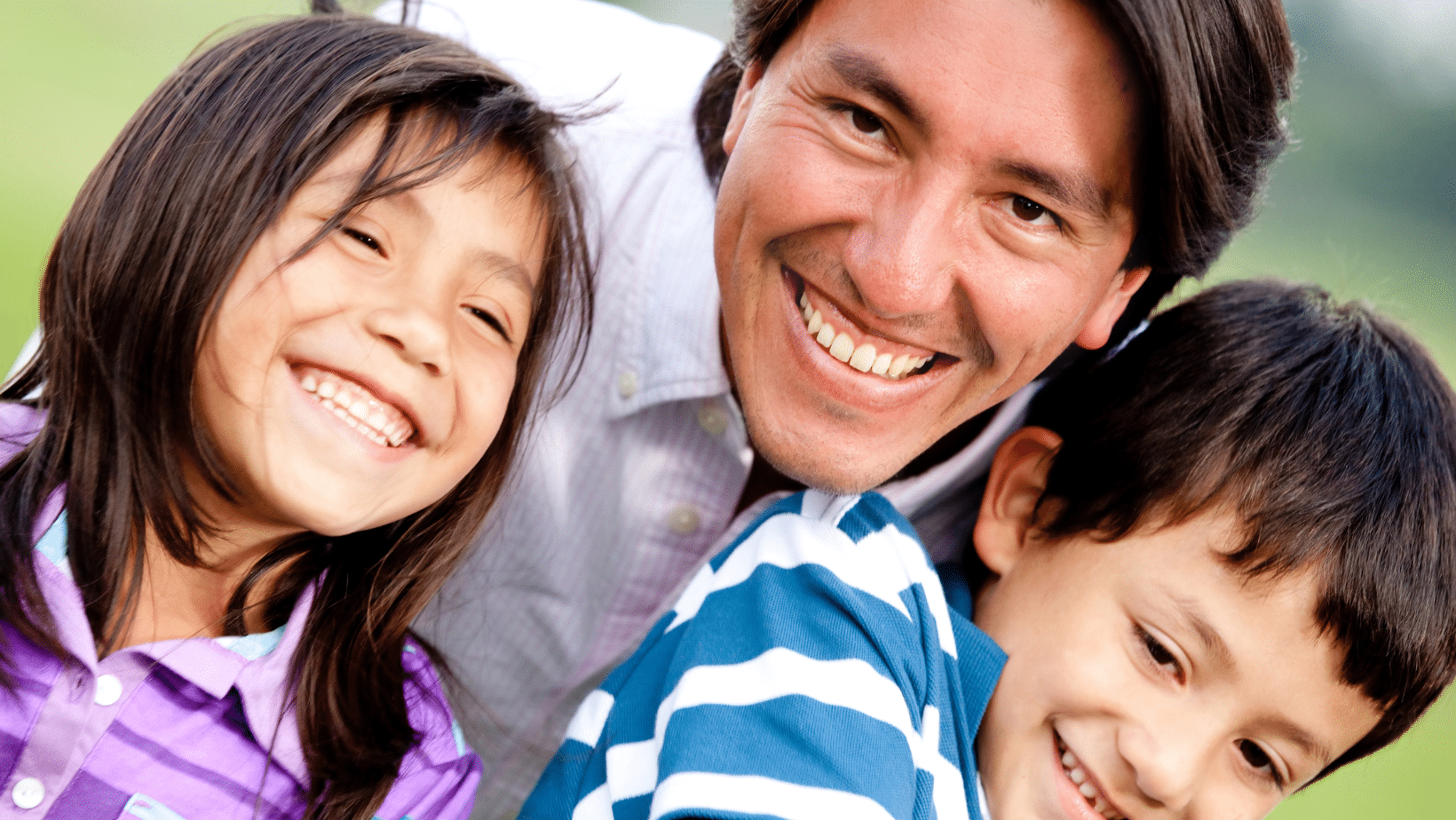
Psychological Impact: Emotions
During the first year or two of the separation, children may experience distress, anger, anxiety, and disbelief. The manner in which they react will depend on their age.
Young children will struggle to understand why mom and dad are not living together anymore. They may wonder if they can stop loving each other and if there will be a time when mom and dad will stop loving them.
School-age children will worry their parents’ divorce is their fault. They will wonder if they misbehaved or did something wrong that lead their parents to choose to separate.
ALSO: What is a Blended Family Unit?
Teenagers will be angry about the changes to the nuclear family and will blame one parent or begrudge both of them for the chaos inflicted on the family due to their decision, especially because they had no say in it.
It is at this time when parents need to provide a nurturing and supportive environment and they need to be reassured their parental roles will continue despite the changes to their family.
Psychological Impact: Stress
With divorce comes many changes. Even if parents do their best to share custody of their children, there will be inevitable changes as they transition into the two homes.
There may be a need to change schools, one parent will be moving, they’ll be living with single parents, who may, at times, be a bit stressed and overwhelmed by their emotions and changes themselves.
There may also be economic changes and hardships during the transition. One, or both parents may move to a smaller home or different neighborhood and there may be fewer resources available than before.
Parents can mitigate some of the impacts by providing as much stability as possible and reducing the number of changes to their lives.
Maintaining their old routines, schedules, and family traditions can help in reducing their stress and anxiety.
Mental Health Issues
According to a study published in World Psychiatry, children of divorced parents experience increased psychological problems, regardless of age, gender, and culture.
If keeping changes to a minimum, and providing a stable, nurturing environment with low to no conflict does not help your child reduce their stress and anxiety, you may need to seek the help of a professional.
Contact your primary care provider and discuss your concerns. They will guide you and refer you to a therapist or other supportive services that may be able to help.
Behavior Issues
In some cases, your child may experience conduct issues, delinquency, impulsive behavior, or increased conflict with peers.
Keep an eye on your children’s activities and whom they spend time with, especially teenagers. Acting out and risky behavior may be their way of rebelling against an event they cannot control.
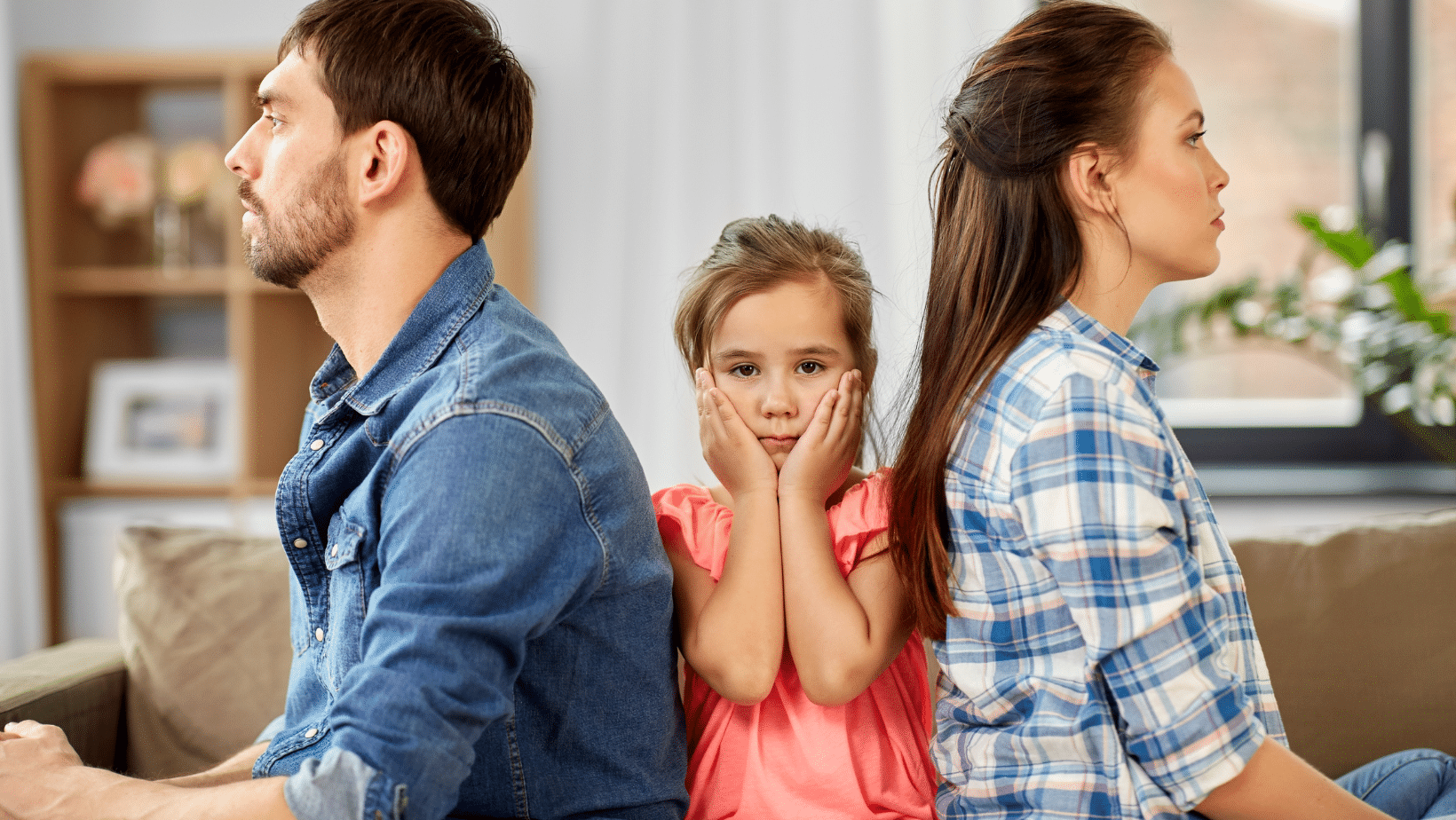
Poor Academic Performance
Children from divorced parents may display academic issues, especially if the divorce was unexpected, according to a study published in The Proceedings of the National Academy of Sciences (PNAS).
Empower your children and let them know you have no doubt in their abilities to deal with the changes and with their schoolwork.
Provide strategies to help them focus in school. Find out if stress and anxiety may be distracting to them and provide them with appropriate coping tools.
Contact their teacher to come up with strategies to help your child succeed.
Some Final Thoughts
Divorce can be a chaotic time for the entire family, especially for children. The impact of splitting their time between two homes, even when parents are on amicable terms, can still prove difficult for them.
Providing your children with a nurturing, stable, supportive environment can help them cope with the changes, especially during the first year after the divorce.


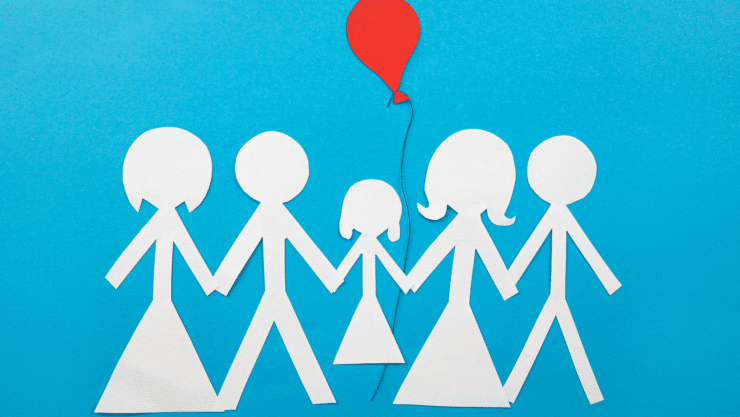

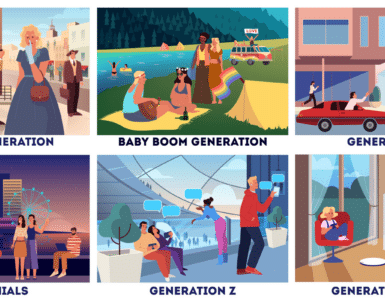

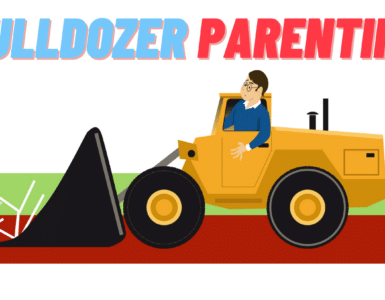



Add comment